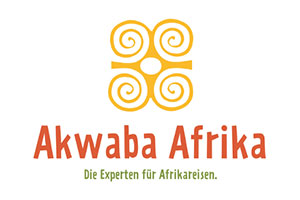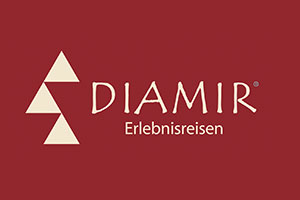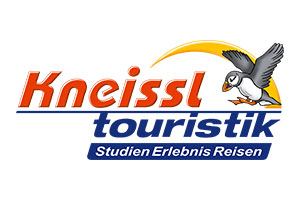Mauritius
Travel tips for MauritiUs
Top 5 Experiences
From turquoise seas and pristine beaches to lush mountains, green valleys, and towns rich in tradition, Mauritius offers a captivating blend of natural beauty and warmth. Highlights include:

Historic Heritage
Visit Mauritius‘ historical treasures, including the UNESCO-listed Aapravasi Ghat, the Dutch colonial architecture in Mahebourg, and the vibrant Chinatown in Port Louis.

Les 7 cascades
A natural spectacle located in the heart of the Black River Gorges National Park. This series of interconnected waterfalls flows through lush greenery, creating an idyllic setting for nature lovers and hikers.

Chamarel Geopark Adventure
The Seven Colored Earth features sand dunes displaying seven distinct colors, forming a surreal landscape that add to Chamarel’s allure.

Sunny Beach Bliss
From the powdery white sands of Belle Mare to the turquoise waters of Flic en Flac, the beaches of Mauritius‘ cater to a variety of preferences, making them a quintessential part of any tropical getaway.

Underwater Wonders
Explore vibrant coral reefs teeming with marine life, and discover the fascinating underwater world that makes Mauritius a paradise for diving enthusiasts.
Tourist infrastructure
Mauritius has taxis and buses operating typically between 5 AM and 9 PM. The country follows left-hand traffic, and the overall road network is relatively good, though outside of urban areas, roads can be narrow and sometimes challenging to navigate.
Mauritius offers a diverse range of accommodations to suit different preferences and budgets. From luxurious beachfront resorts to cosy boutique hotels, visitors can find a wide variety of options for their stay.
Climate and travel season
The island boasts a classic tropical climate with warm weather year-round. The best time to visit Mauritius is from May to December when the weather is cool, dry, and sunny, offering some of Africa’s best beaches, fresh seafood, and long, sunny days.
Entry requirements
For entry requirements and visa information, please refer to the website of your respective embassy. Links provided below.
Impressions from Mauritius
(Click to enlarge)
Stories
International Hotel Chains Are Driving the Hotel Boom in Africa
Frankfurt, 03 April 2024 - The "Big 5" of global hotel chains - Accor, Hilton, IHG, Marriott International and Radisson ...
Internationale Hotelketten treiben den Hotelboom in Afrika voran
ReThinking Africa Initiative setzt sich für Investitionen in Afrikas Tourismuswirtschaft ein Frankfurt, 03. April 2024. Die „Big 5“ der globalen Hotelketten ...
Voice4Africa x ReThinking Africa News March
KLEBER Group x ReThinking Africa News March 2024 Content Foreword Investment in Africa's tourism industry as a driver for sustainable ...
Our partners in Mauritius
Visa, Entry, and Updates
Current accessibility
Corona precautionary measures
Status: 03.03.2022


















